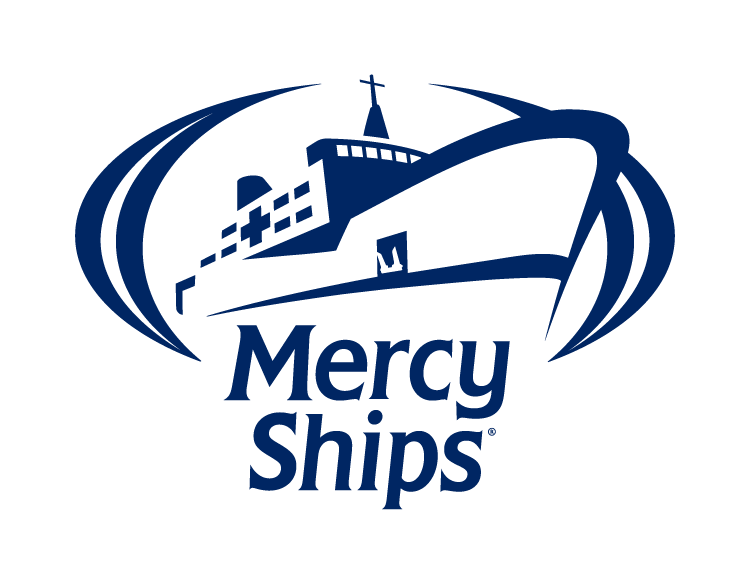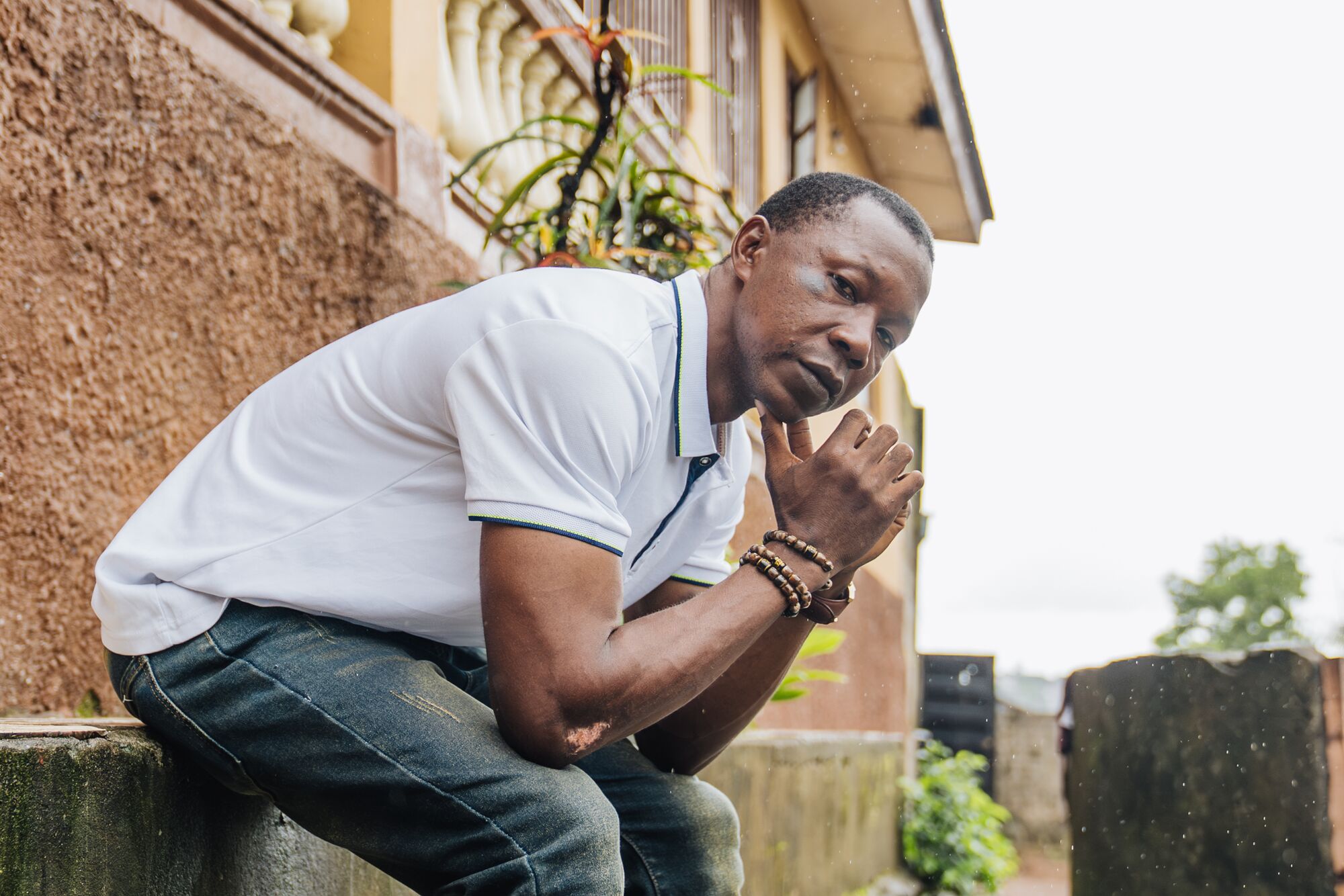Every day, 40-year-old Mohamed climbs into his three-wheeled kekeh, weaving through the busy streets of Freetown, Sierra Leone to earn enough to feed his wife and four children. To his passengers, he might seem quiet and steady, a dependable driver used to the winding roads of Freetown’s many neighborhoods. But behind the wheel, Mohamed wages a quiet battle: the sharp, unrelenting pain of a hernia he has lived with for more than five years.
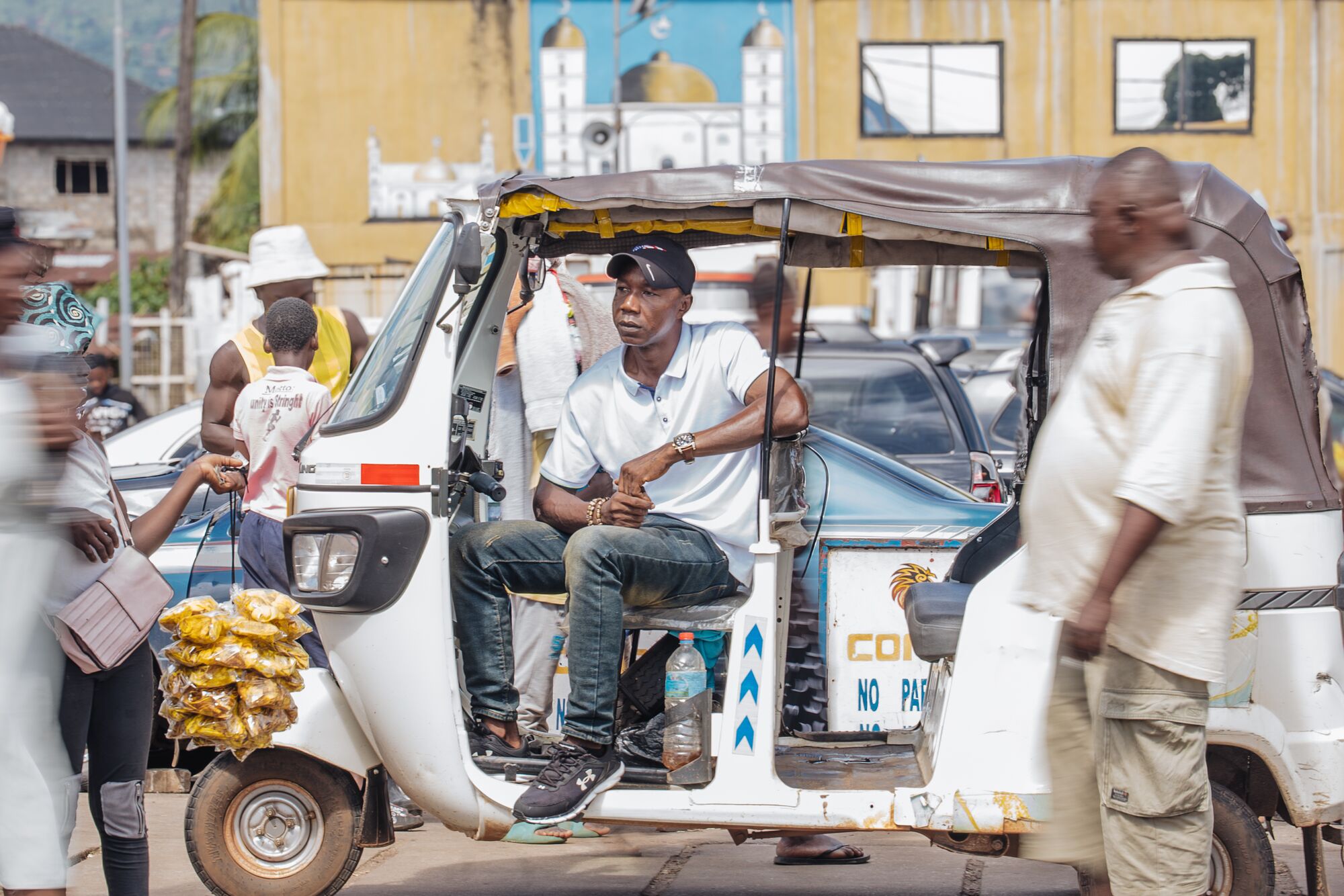
Mohamed’s Silent Battle
Mohamed’s condition began as a small lump near his groin; something he first mistook for a boil. It began to grow over the years, and he could sometimes feel sharp pain as the vibration of his kekeh traveled over the road. Eventually, the hernia grew so much that it began to push itself painfully out of place while he drove, forcing him to stop, grimace, and readjust to finish the ride.
“Sometimes, it pushes it out while driving,” he admitted softly, “and it is incredibly painful. The only time I feel relief is when I stop and push it back inside.”
Mohamed is the sole breadwinner of his family of five. He could not afford to rest, and considered seeking medical help for years, but was afraid of a poor outcome.
He once considered surgery at a government hospital, but fear of complications — and even death — kept him away. Instead, he waited quietly, hoping for the return of Mercy Ships. When he heard the Global Mercy™ was once again in Freetown this year, he found the courage to register.
After a medical screening on August 29, Mohamed was cleared for medical intervention, marking his surgery as the first of Mercy Ships’ third consecutive field service in Sierra Leone.
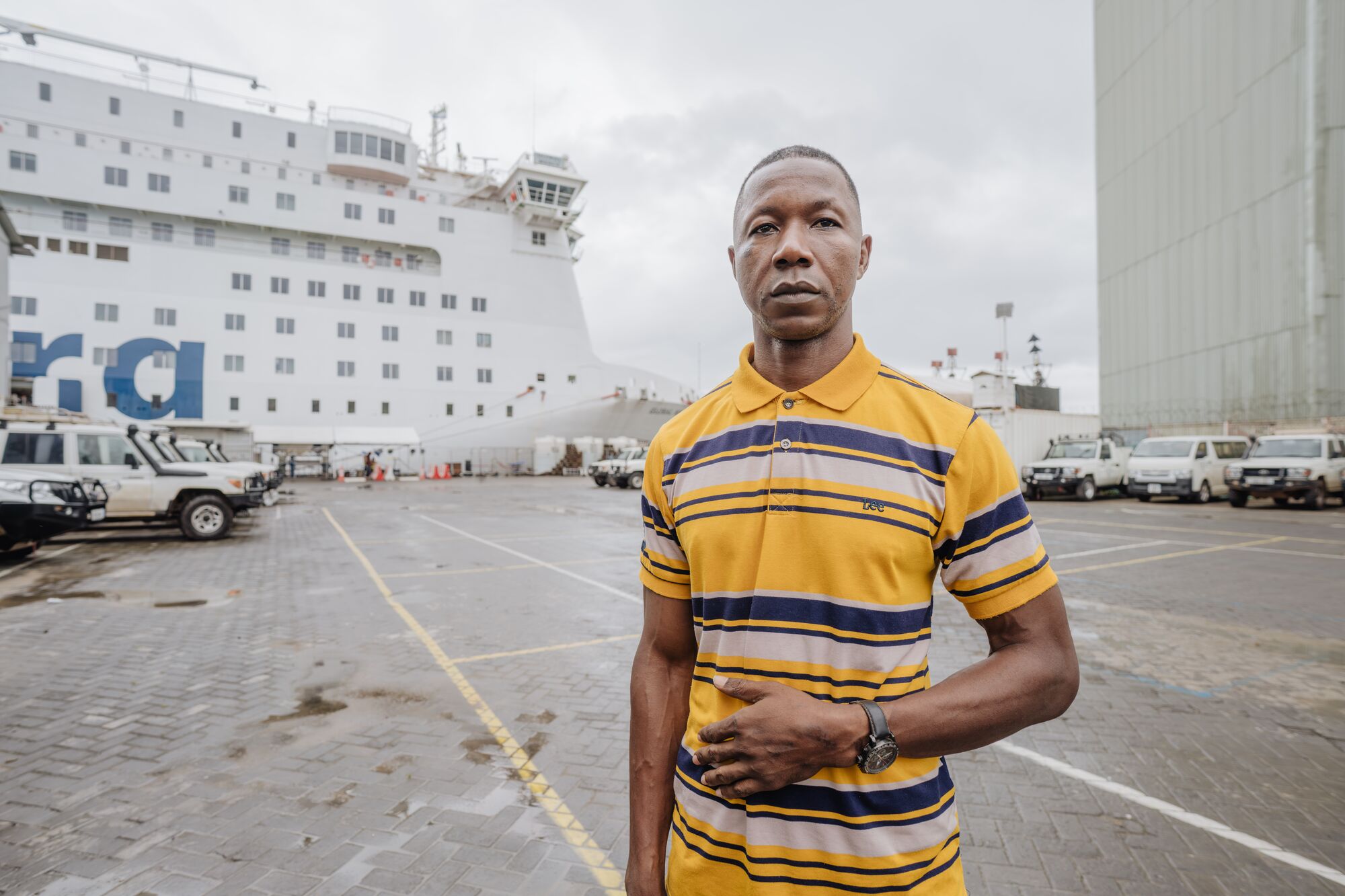
The First Patient Comes Aboard the Global Mercy
On the weekend before Mohamed’s surgery, Dr. John Zwiacher flew to Freetown from Alaska. Having volunteered with Mercy Ships before, Dr. Zwiacher arrived with confidence that all would go well.
“I feel really honored that I get an opportunity to come here. I’ve been here nine times,” he said.
“Mercy Ships creates an environment where I have a first-line medical system that has everything I need to do surgery,” Dr. Zwiacher explained.
Inguinal (groin) hernias are disproportionately common in West Africa due to a mix of biological, lifestyle, and health system factors. Heavy manual labor raises intra-abdominal pressure and strains the abdominal wall, while chronic conditions like cough (from tuberculosis or bronchitis), constipation, and parasitic infections further increase risk.
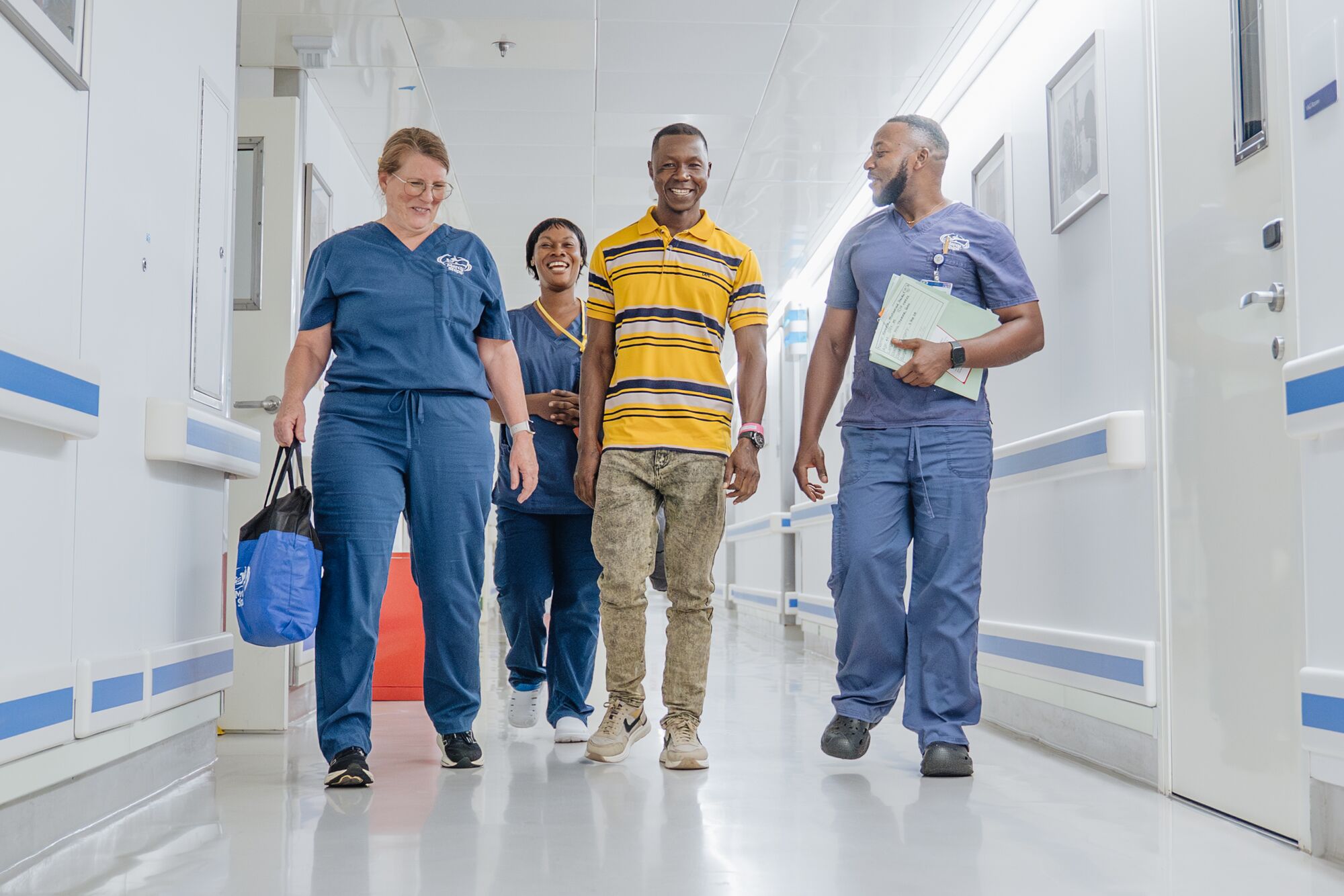
While these types of hernias are relatively easy surgical procedures, they are hard to come by for many citizens in Sierra Leone.
Unlike in high-income countries, limited surgical access means hernias often remain untreated, making their prevalence more visible. A population-based survey in Sierra Leone found a hernia prevalence of 7.7% among adult males, among the highest recorded globally, largely attributed to the aforementioned complexities.
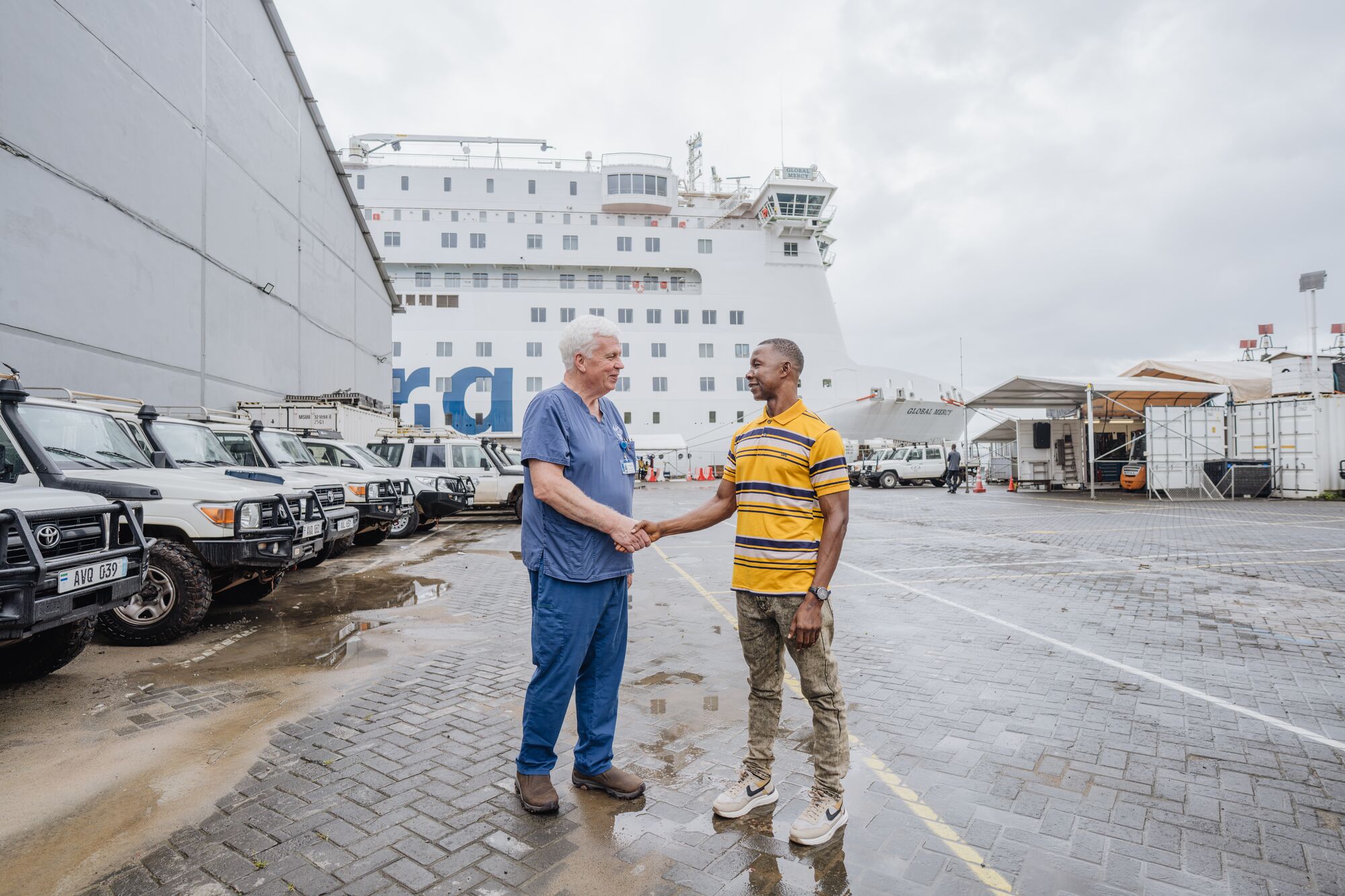
Dr. Zwiacher greeted Mohamed on the dock a day before surgery. They shook hands and Mohamed smiled, excited to finally meet the surgeon who would perform the operation aboard the Global Mercy.
Mohamed maintained a quiet confidence before his surgery, ready to finally have this burden lifted from his life. In a brief interview just before Mohamed’s surgery, Dr. Zwiacher remarked about the spirit of the international effort of Mercy Ships that makes these surgeries possible.
“We’ve all come here for different purposes, but for a combined purpose, and that’s to do surgery and take care of patients. We come from every place in the world: from Canada, the US, UK, Sweden, and so many others. We all have the same purpose, no matter what our language.”
A One-Hour Surgery, A Lifetime of Relief
Mohamed’s surgery began at 8:46 a.m. and ended at 9:54 a.m.; a total of one hour and eight minutes.
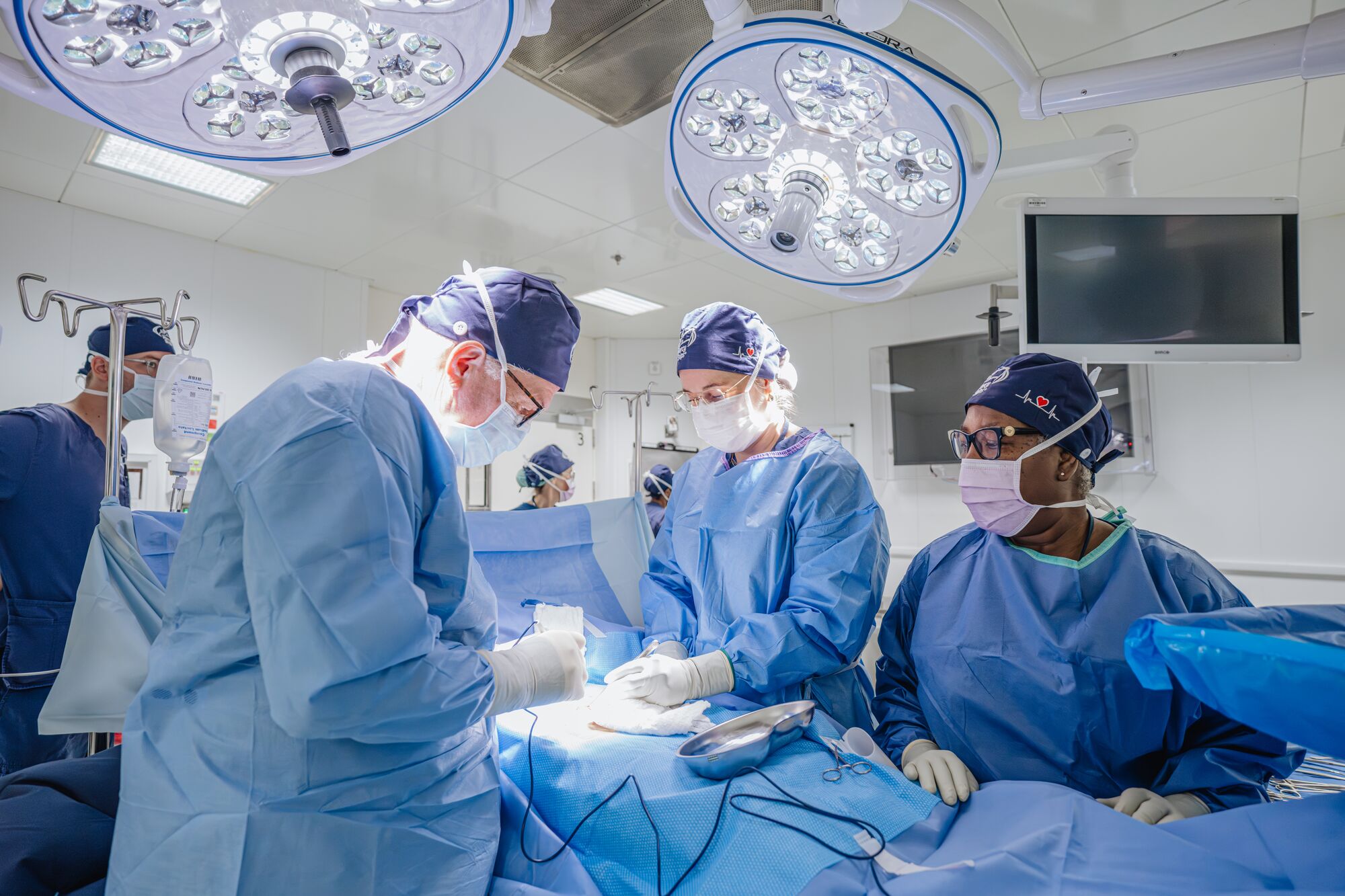
“Everything went as expected, everything was successful. Now we can focus on the rest of the patients that need care,” Dr. Zwiacher said.
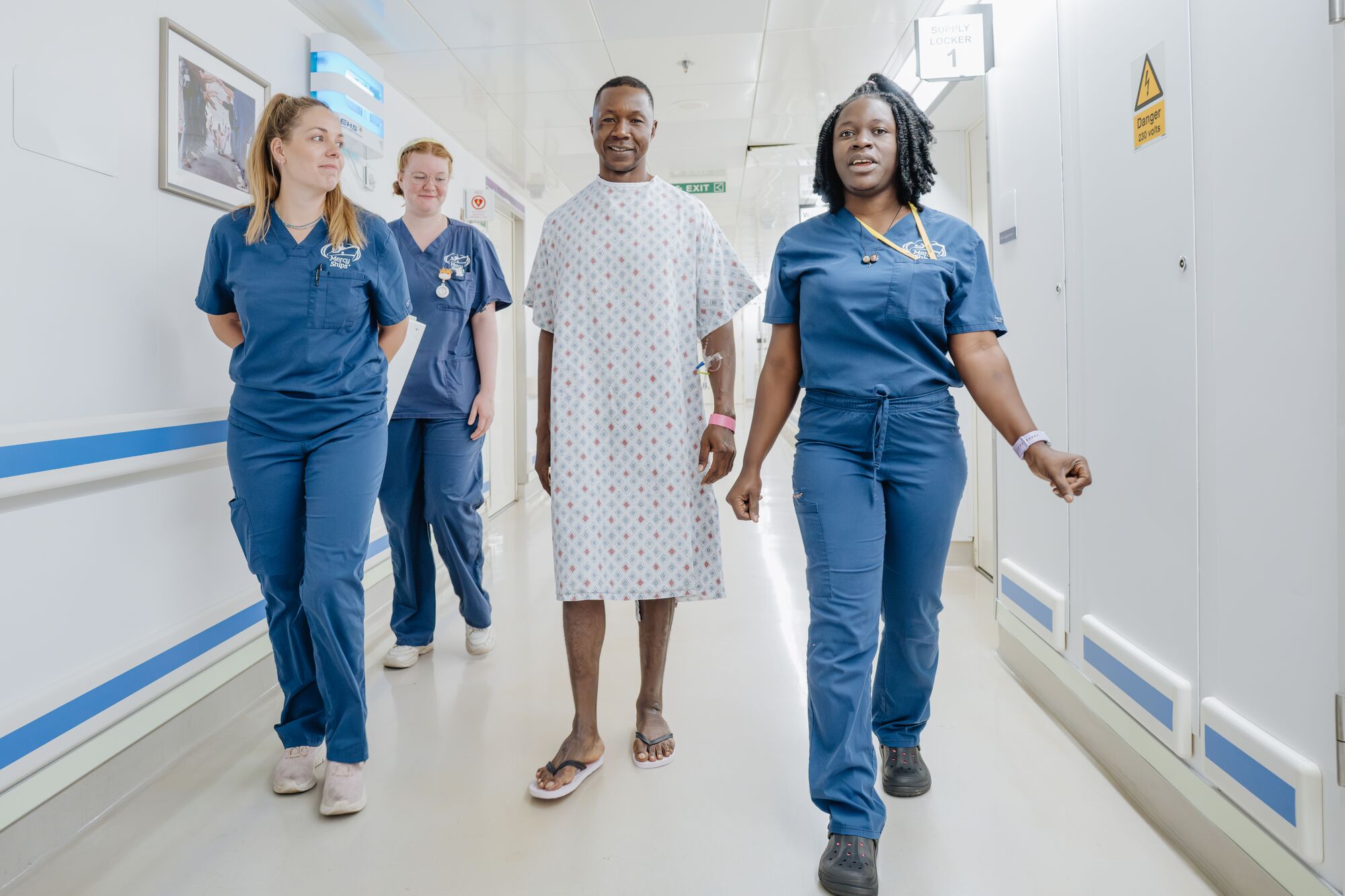
For Mohamed, this was a major milestone in his life. This surgery not only removed this hernia, but restored dignity, relief, and hope for his family’s future.
“This surgery is going to have a huge impact on Mohamed,” Dr. Zwiacher said, “This will allow him to return to work and get back to what he normally does and earn an income.”
What once felt like an impossible burden has now been lifted by the hands of international volunteers, united in service. We celebrate Mohamed as the first successful patient of the newest field service in Sierra Leone.
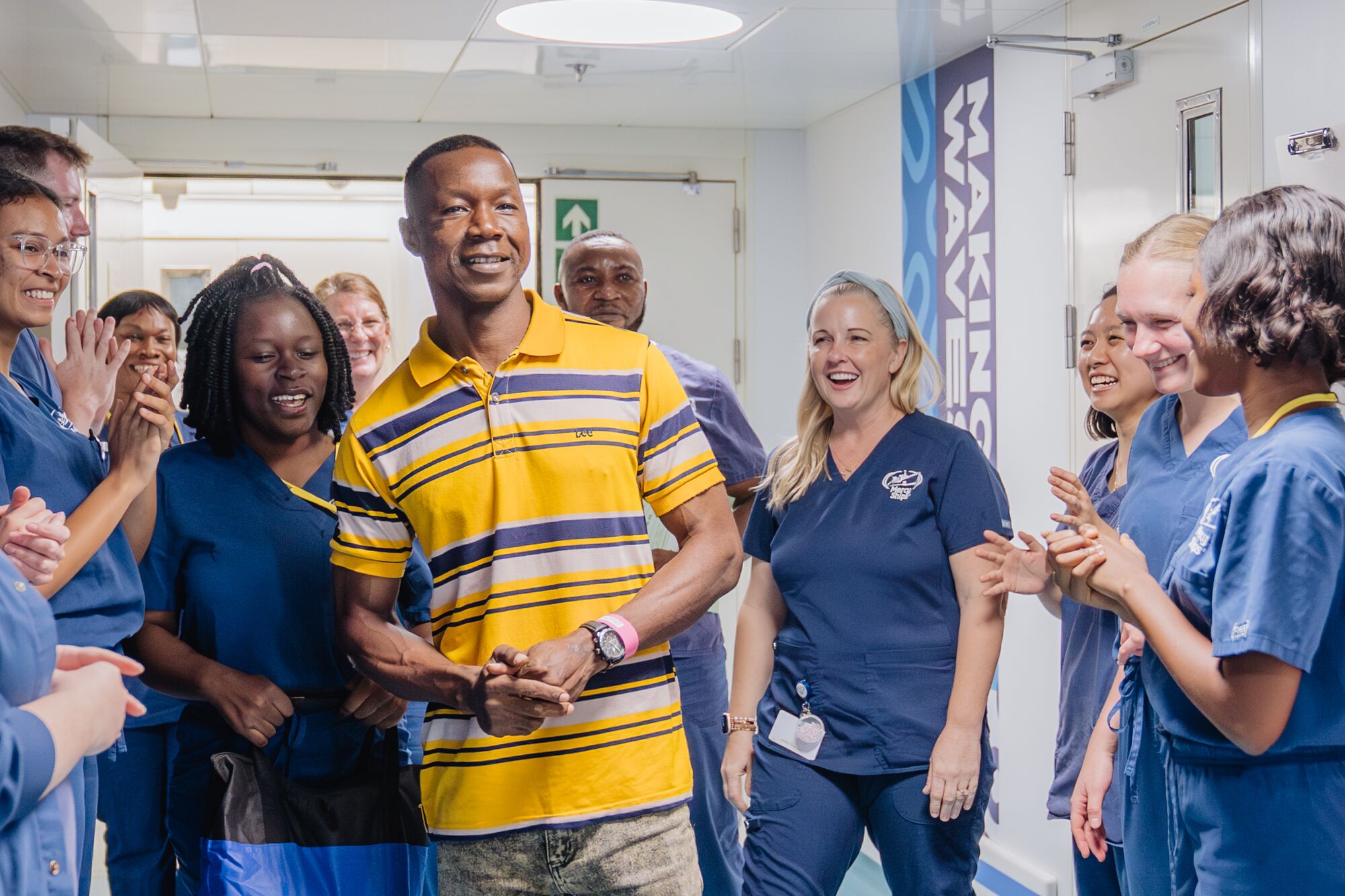
Mohamed’s story is a reminder of both the pressing surgical needs across Sierra Leone and the profound impact that timely intervention can have on a single life. As he steps back into his kekeh, it will no longer be pain that drives him forward, but the freedom to provide for his family with strength renewed.
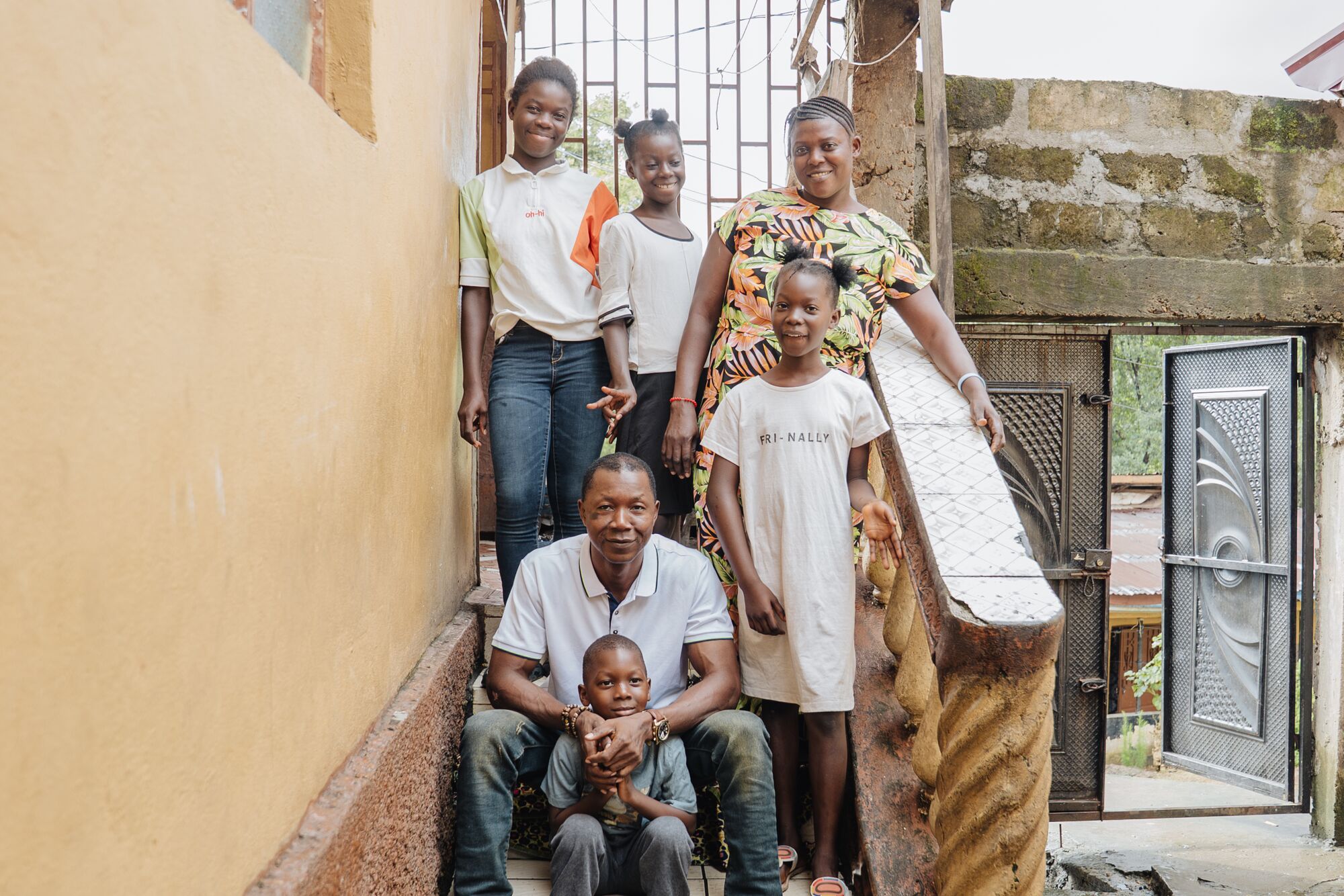
Thanks to compassionate people like you, Mohamed received life-changing surgery on the Global Mercy. Find out how you can help others like him and the many ways you can get involved at mercyships.org!
